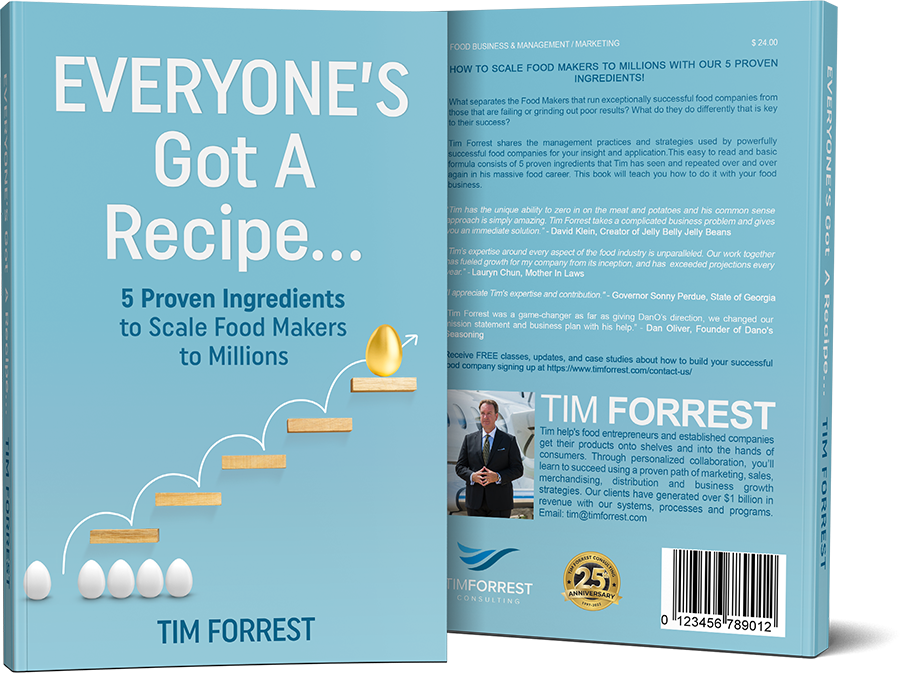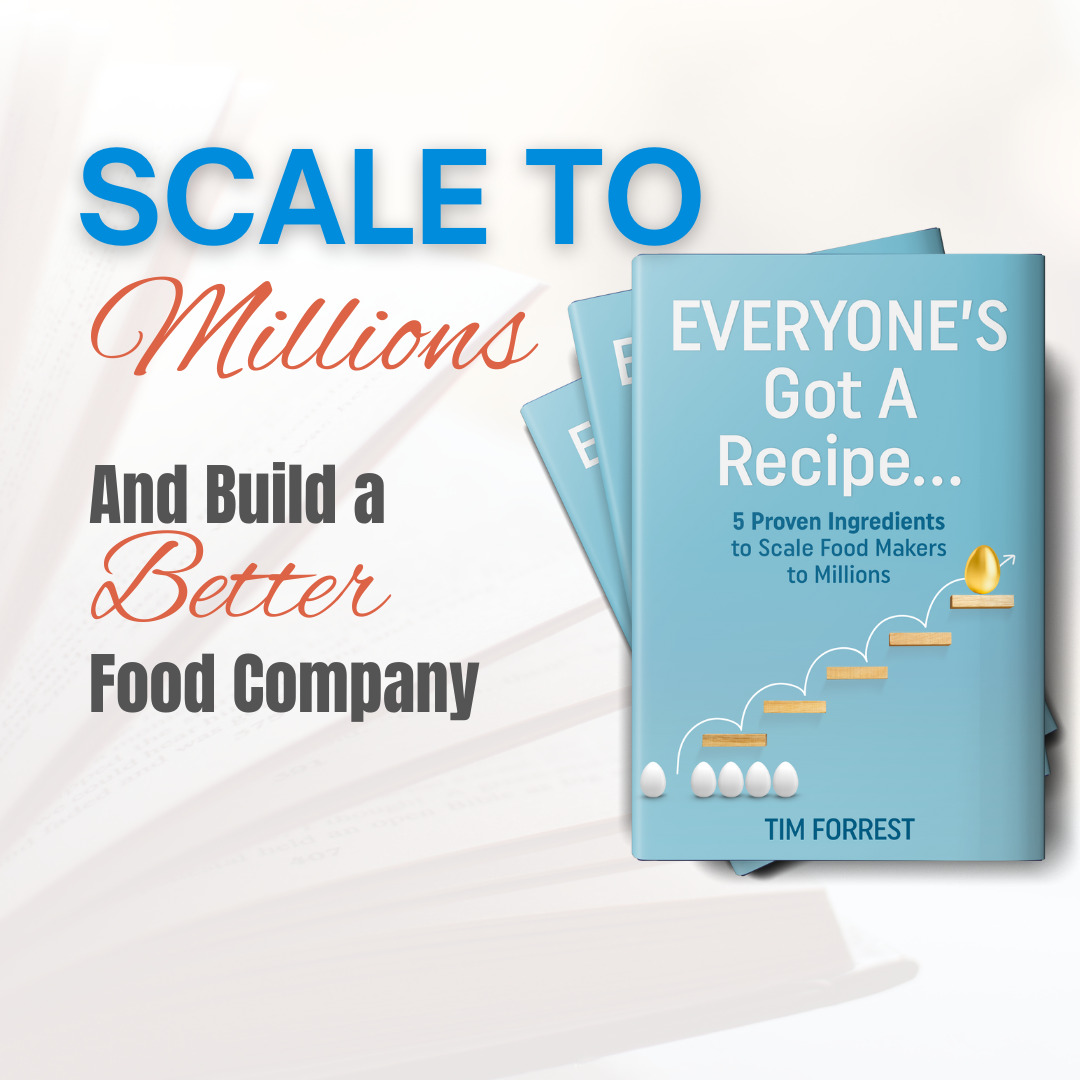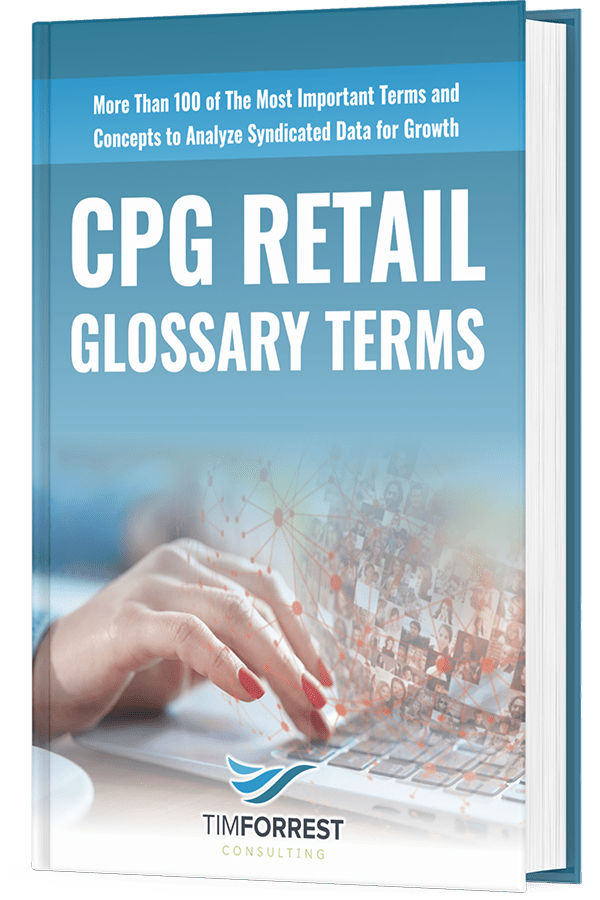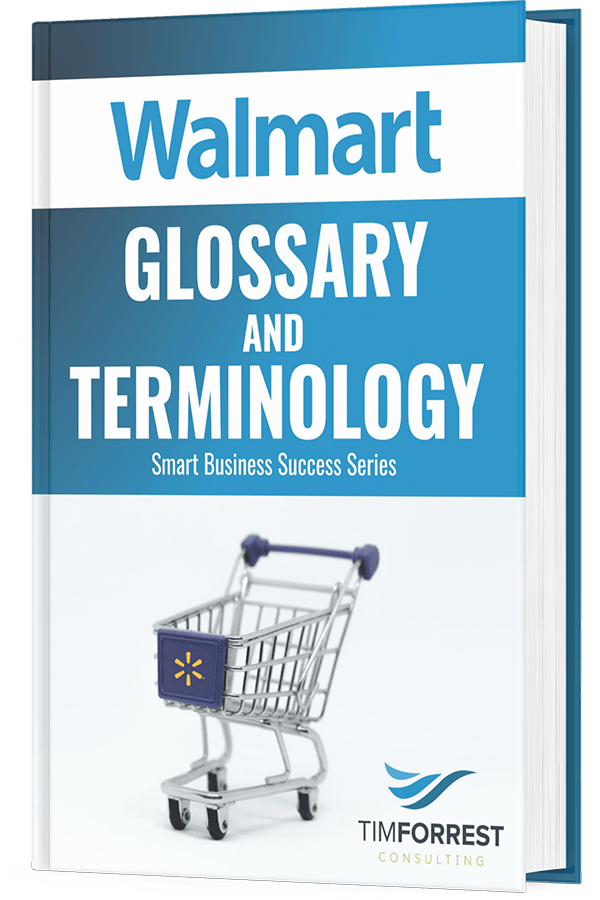FDA Holds Decoded: Why Your Imported Food Might Be Stuck at the Border
As a food business owner or importer, navigating the complexities of bringing products into the US market can be challenging. One of the most critical aspects to understand is why the FDA sometimes places imported food items on hold. This process is essential for maintaining the safety and quality of food consumed in the United States, but it can also be a significant hurdle for businesses if not properly managed.
The FDA’s Role in Food Regulation
The Food and Drug Administration (FDA) plays a pivotal role in safeguarding the US food market. Their primary mission is to protect public health by ensuring the safety, efficacy, and security of our nation’s food supply. This responsibility extends to imported food products, which must meet the same stringent standards as domestically produced items.
Hold vs. Refusal: Understanding the Difference
When it comes to imported food shipments, there’s a crucial distinction between a “hold” and a “refusal”:
- Hold: A temporary status where the FDA detains the shipment for further inspection or information. The product may still be allowed entry after addressing concerns.
- Refusal: A more severe action where the FDA denies entry to the product entirely, often resulting in the need to export or destroy the shipment.
Common Reasons for FDA Holds
Several factors can trigger an FDA hold on imported food items. Being aware of these can help businesses proactively address potential issues:
- Contamination: Presence of harmful bacteria, pesticides, or other contaminants.
- Labeling Issues: Inaccurate or incomplete product labels.
- Unsafe Additives: Use of prohibited or unapproved food additives.
- Misbranding: False or misleading claims on packaging.
- Product Tampering: Evidence of tampering or compromised packaging integrity.
Navigating FDA Holds: Key Strategies for Success
To minimize the risk of FDA holds and ensure a smoother entry into the US market, consider the following strategies:
- Stay Informed: Keep up-to-date with FDA regulations and guidelines for imported foods.
- Maintain Rigorous Quality Control: Implement strict quality assurance measures throughout your supply chain.
- Ensure Accurate Documentation: Provide complete and accurate documentation for all shipments.
- Work with Experienced Partners: Collaborate with knowledgeable importers and customs brokers familiar with FDA processes.
- Be Proactive: Address potential issues before shipment to reduce the likelihood of holds or refusals.
Understanding FDA holds is crucial for any food business looking to succeed in the US market. By staying informed and implementing best practices, you can navigate this process more effectively and minimize disruptions to your business.
Are you ready to bring your innovative food product or growing brand to the US market? Schedule an appointment with Tim Forrest at www.timforrestmarkets.com to discuss your unique challenges and opportunities. With expert guidance, you can turn potential FDA holds into opportunities for growth and success.





















